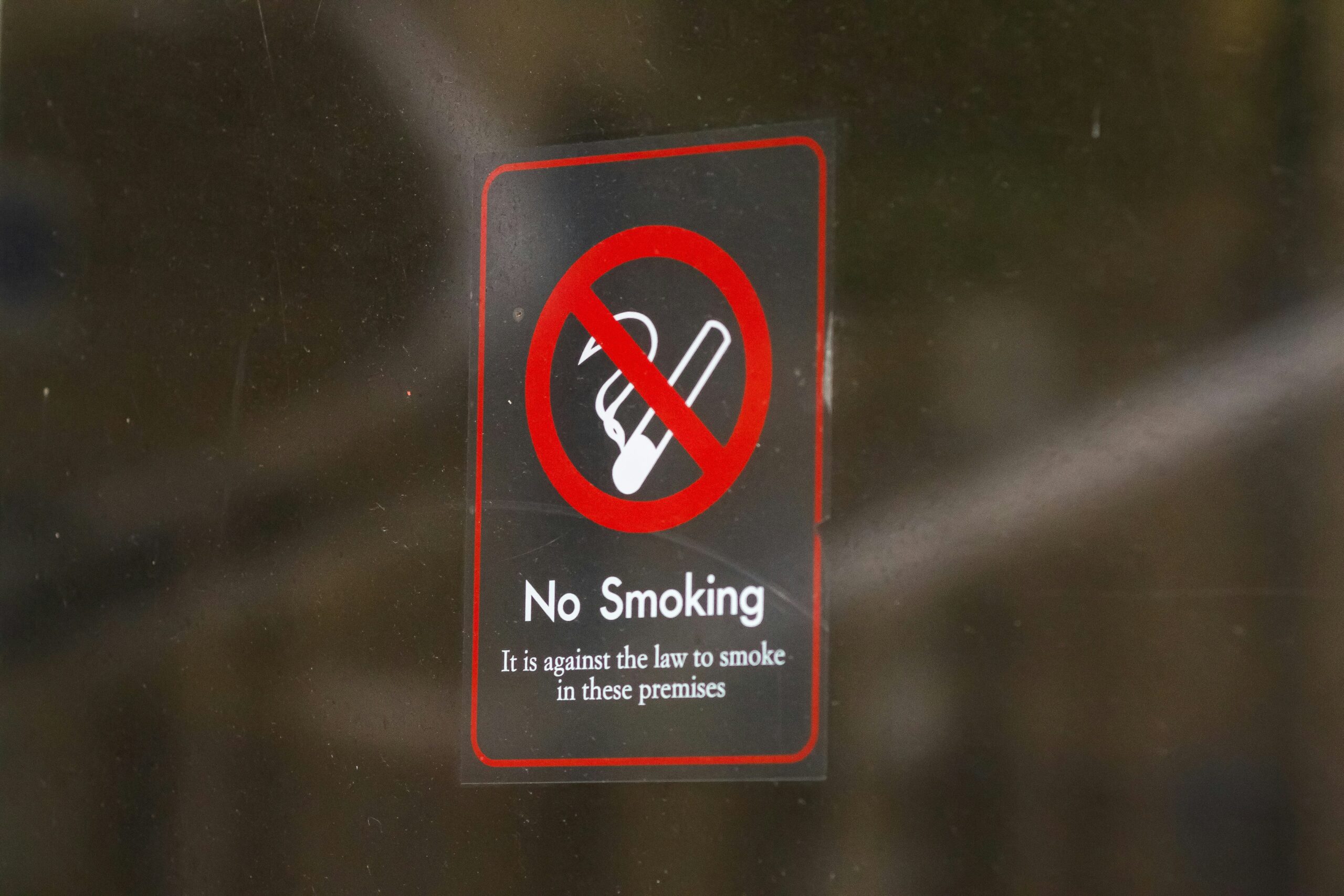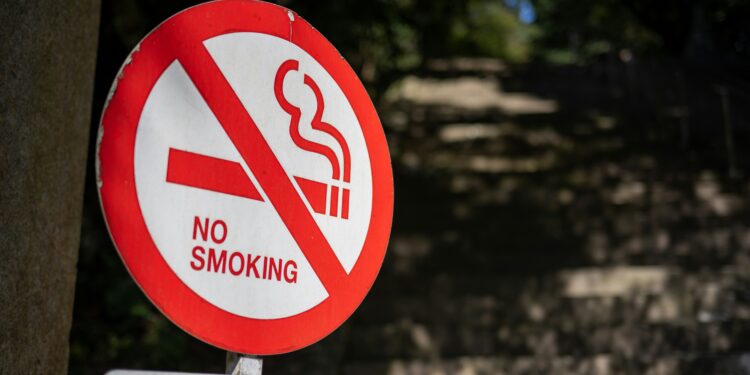The Maldives has enacted a landmark public health law, banning anyone born on or after January 1, 2007, from ever buying or smoking tobacco. The move makes the Indian Ocean archipelago the first country in the world to implement a full, nationwide generational smoking ban.
The health ministry announced the prohibition on Saturday, stating it “reflects the government’s strong commitment to protecting young people from the harms of tobacco.” The ban applies to all forms of tobacco, and retailers are now legally required to verify a customer’s age before any sale.
This radical step builds on the country’s existing ban on electronic cigarettes, which was implemented last year. Ahmed Afaal, vice chair of the nation’s tobacco control board, described the vaping ban as a “good step towards a generation of tobacco-free citizens,” arguing that the new products are “tactics of the industry to approach the younger generations.”

Authorities have moved to reassure the tourism industry, a cornerstone of the Maldivian economy, that the ban will not deter visitors. “People don’t come to the Maldives because they’re able to smoke. They come for the beaches… and the fresh air,” Afaal stated, projecting no negative impact on tourist arrivals.
The Maldives’ law stands in contrast to New Zealand, which scrapped a similar pioneering policy in 2023. The United Kingdom is currently advancing its own generational smoking ban, which is progressing through Parliament.
Why It Matters
The Maldives’ ban is a breathtakingly ambitious social experiment. By legally defining an entire generation as a non-smoking cohort, the government is attempting to engineer a public health outcome through sheer legislative force. This approach bypasses the slow grind of public education in favor of a hard stop.
While the intent to save future generations from addiction is laudable, the policy’s success hinges on two volatile factors: the state’s ability to enforce it without creating a thriving black market, and the long-term social acceptance of a law that permanently restricts a personal choice for a specific demographic. It’s a bold gamble that could either create a global blueprint for eradicating tobacco or become a case study in the limits of legislative power over human behavior.

















